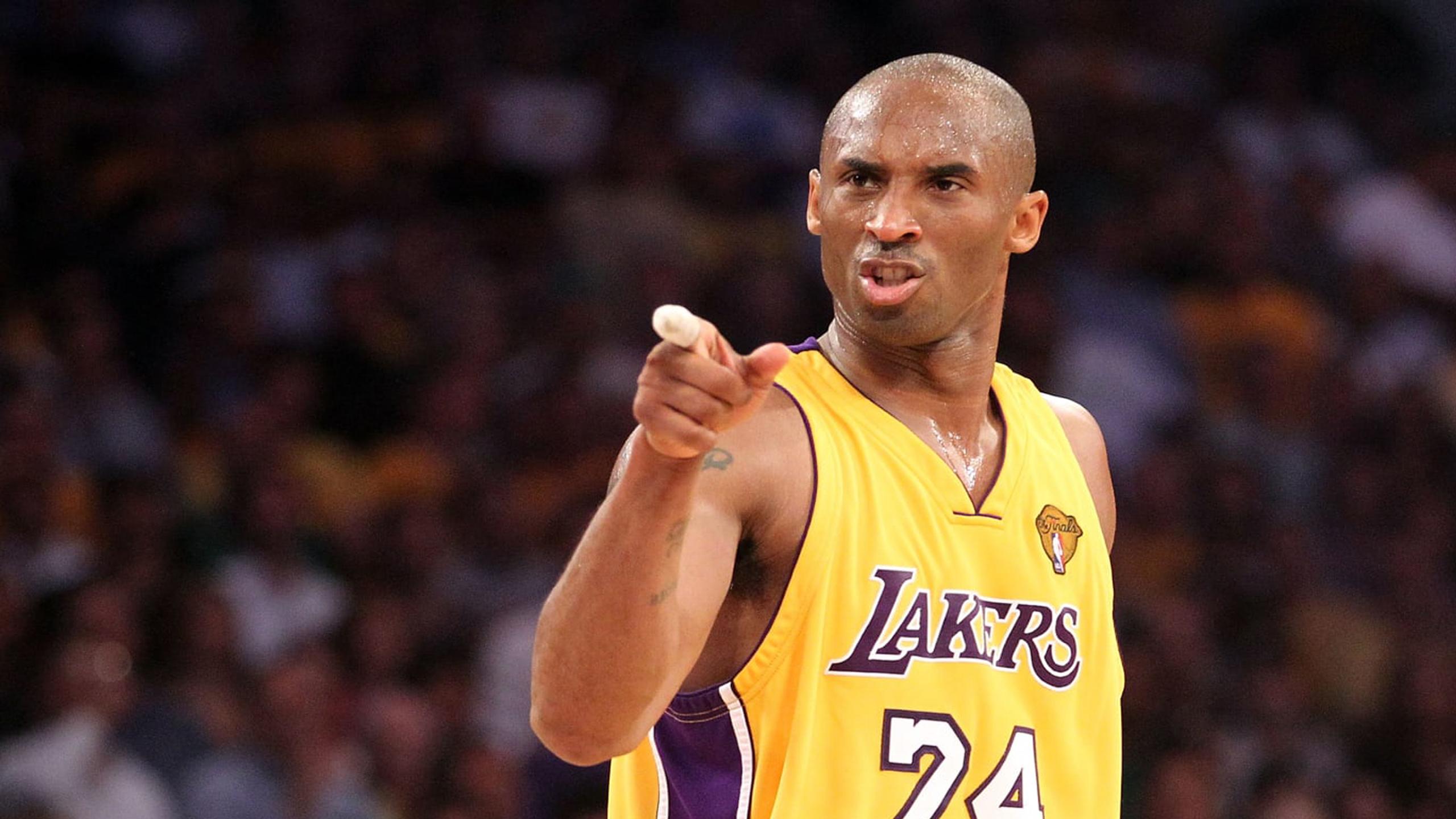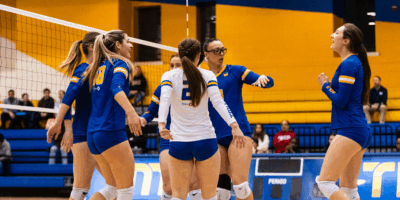By Larry Heng
UPDATE: This article has been updated to include an acknowledgement of the impact of Kobe Bryant’s sexual assault case on survivors and the conversation around his death.
Superheroes do not exist in our reality—no masked crusaders draped in capes who protect those who are not as fortunate to have the abilities and the fame they possess. The ones who do not rest until what they have set out to accomplish has been accomplished.
Except for, maybe, Kobe Bryant.
Bryant died in a helicopter crash on Jan. 26 in Calabasas, California along with his daughter Gianna and seven others who were on board.
The news shocked me—along with the entire world. It’s difficult to put into words how tragic, unexpected and painful this loss is, but the basketball community has not paused in honouring the late Bryant.
Likewise, the death was met with criticism regarding Kobe’s tainted career—specifically his infamous sexual assault case in 2003.
The topic has been heavily debated in media since his untimely passing, which has also caused contentious conversations around leaving survivors behind and thinking of survivors after the death of a person loved by many.
It’s an incredibly significant part of his legacy that we cannot turn our backs to.
I began watching basketball just under a decade ago, in the season following the 2010 NBA Finals. It featured The Mamba leading the Los Angeles Lakers in becoming the NBA champions in what would be his fifth and final championship.
By that point, Kobe was a verified superstar and represented what a successful athlete should resemble. His persona, brand and work ethic are the characteristics that every single athlete hoped to achieve, regardless of their level of competition or sport.
His work in basketball and dedication to the game sparked my love for the game of basketball that I still enjoy today. He’s the reason I bought his sneakers before I tried out for my Grade 8 basketball team. He’s the reason why I shovelled the snow around the basketball net in my driveway in the middle of January so I could imitate his fadeaway jump shot.
He inspired an entire generation of young athletes, scholars, and people—just by playing a game that he loved.
While this loss has brought pain to many across the globe, we can all find comfort in each other—because his influence was bigger than basketball, and we know that his legacy is being carried forward by the ones he always inspired.
“A universal thing is saying ‘Kobe’ before tossing something in the garbage”
When he first heard the news, Ryerson men’s basketball guard Jayden Frederick thought it was fake. He was playing video games and stopped what he was doing and went upstairs where his mother sat watching CNN—confirmation had yet to come in.
When it was confirmed that Kobe and his daughter Gianna died on their way to a basketball tournament at Mamba Sports Academy, a multisport training center for young athletes that Kobe opened, it hit Frederick hard.
Kobe Bryant was his favourite.
“I had dreams of meeting him one day,” said Frederick. “He’s just so intellectual. You don’t see athletes like him that know how to express themselves in the way that he did.”
For Frederick, it’s about carrying Kobe’s legacy.
“That Mamba mentality. For me, it means having a ridiculous amount of confidence. [It’s about] being logical and not being delusional–you have to train and put in the work,” he says. “That’s when you get that confidence.”
What separates Kobe from almost any other athlete in the eyes of Anish Panday, second-year urban planning student, is his influence on a generation of ballers.
“A universal thing is saying ‘Kobe’ before tossing something in the garbage or hamper. Very few athletes have their name associated with that respect, apart from maybe Ronaldo or Messi,” said Panday.
Moosa Imran, a fourth-year journalism student, had a list of dream interviews. Muhammad Ali and Robin Williams were on that list. Kobe was too before he died. Crossing his name off that list broke him.
“I realized that I’ll never be able to sit across from my hero and ask him how to get through a double-team or triple-team defence. How to win. How to recover from a loss. How to be great,” Imran says. “Most importantly, I’ll never be able to say ‘Thank you, Kobe’ to Kobe.”
It’s important to consider what Kobe stood for, and how his accomplishments made a generational impact. The world has lost one of the most incredible figures to ever exist. Kobe was, is and forever will be my superhero.
With files from Libaan Osman and Xavier Eeswaran












Leave a Reply